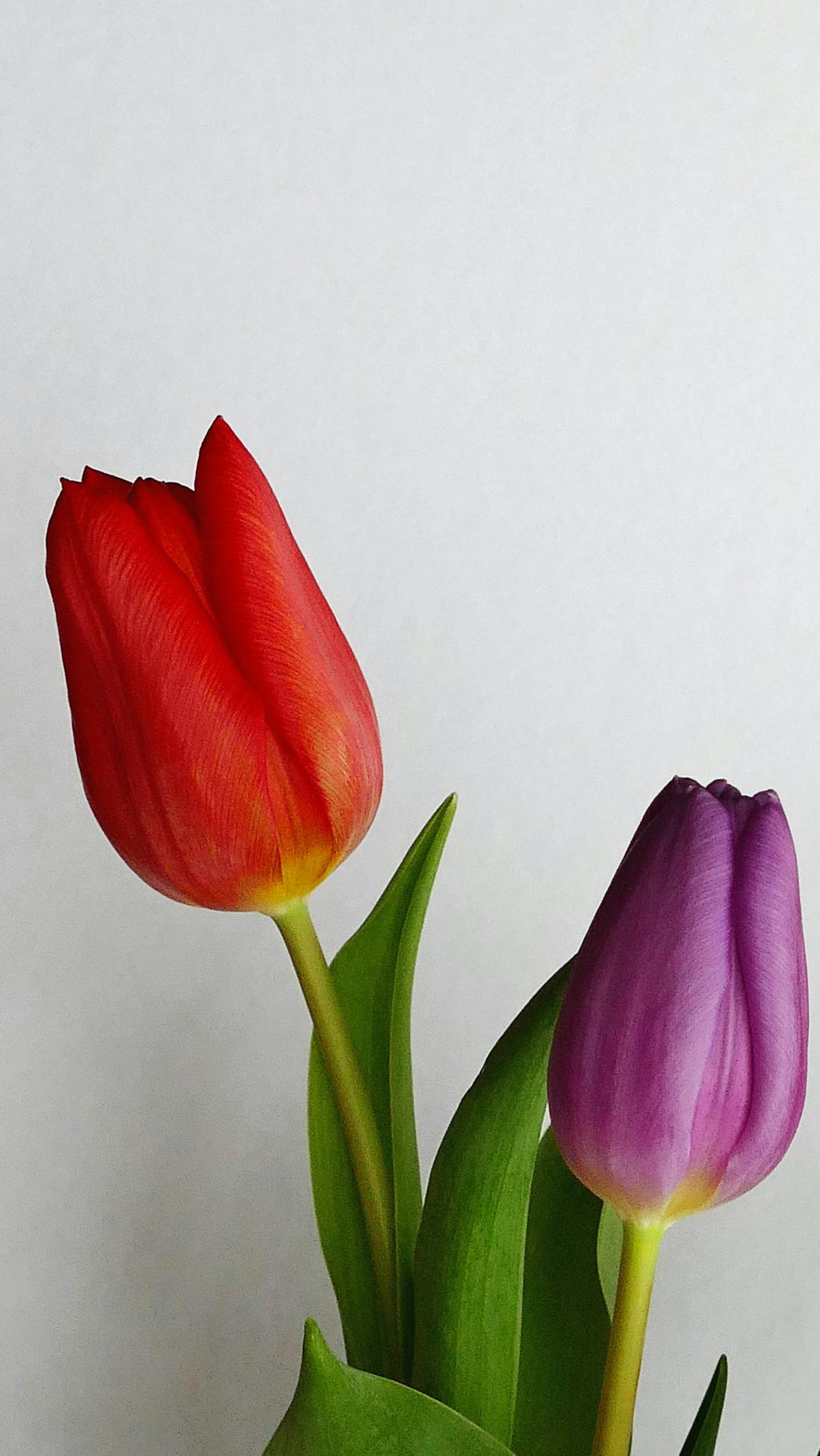Tulips are not just beautiful flowers that brighten up gardens and bouquets. They also carry deep meanings and symbolism that have captivated people for centuries. In this guide, we will explore the fascinating world of tulips and uncover the hidden messages they convey.
What do tulips symbolize?
Tulips are often associated with love and romance, making them a popular choice for Valentine's Day and anniversaries. They symbolize perfect love, passion, and deep affection. Giving someone a bouquet of tulips is a heartfelt way to express your love and devotion.
What do different tulip colors represent?
Tulips come in a wide array of colors, and each color carries its own symbolism:
Red tulips
Red tulips are the ultimate symbol of true love. They represent deep passion, desire, and undying love. If you want to express your intense love for someone, red tulips are the perfect choice.
Pink tulips
Pink tulips symbolize happiness, joy, and affection. They are often associated with new beginnings and make a wonderful gift for birthdays, graduations, or to celebrate a new chapter in someone's life.
Yellow tulips
Yellow tulips are a symbol of friendship and cheerful thoughts. They convey warmth, happiness, and positive energy. Giving yellow tulips to a friend is a great way to show appreciation and brighten their day.
White tulips
White tulips represent purity, innocence, and forgiveness. They are often associated with new beginnings and are a popular choice for weddings and baptisms. White tulips also symbolize respect and can be given as a gesture of admiration.
Purple tulips
Purple tulips symbolize royalty, luxury, and elegance. They are often given to express admiration and to show someone that they are special and unique. Purple tulips are a great choice for someone who appreciates beauty and sophistication.
What is the cultural significance of tulips?
Tulips have a rich cultural history and hold special significance in various cultures around the world:
Tulips in Dutch culture
Tulips are closely associated with the Netherlands, where they have been cultivated since the 16th century. In Dutch culture, tulips represent prosperity, abundance, and national pride. The Dutch even went through a period known as "Tulip Mania" in the 17th century, where tulip bulbs were considered a valuable commodity and their prices skyrocketed.
Tulips in Turkish culture
Tulips have deep roots in Turkish culture and are considered a symbol of paradise on earth. They hold great importance in Turkish art, literature, and architecture. The Ottoman Empire had a special fondness for tulips, and they became a symbol of wealth and power.
Tulips in Persian culture
In Persian culture, tulips symbolize spring and the renewal of life. They are often associated with beauty, abundance, and spiritual enlightenment. Persian poets have praised the beauty of tulips in their works, and they are a beloved flower in Persian gardens.
Next time you come across a bouquet of tulips or plant them in your garden, take a moment to appreciate the hidden meanings and symbolism they carry. Whether you want to express love, friendship, or admiration, tulips are a timeless choice that will always convey your heartfelt emotions.



